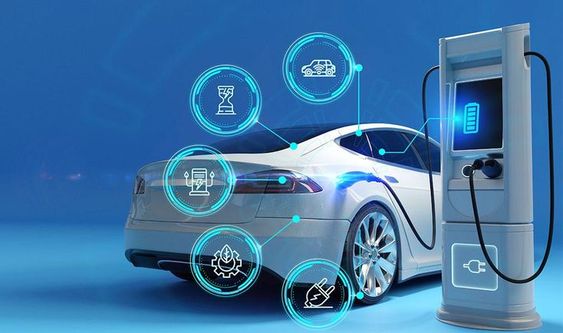Introduction:
The electric vehicle (EV) is not a new invention. In fact, the history of EVs stretches back over a century, with the first electric car appearing in the late 19th century. While internal combustion engine (ICE) vehicles eventually dominated the market, EVs have experienced a resurgence in recent years, driven by concerns about climate change and the desire for cleaner transportation. This article delves into the fascinating history of electric vehicles, exploring their early development, periods of decline, and the factors driving their modern-day revival.

The Dawn of the Electric Car:
The first electric car was invented in 1832 by Scottish inventor Robert Anderson. However, it was the invention of the lead-acid battery in 1859 that truly paved the way for practical electric vehicles. In the late 19th century, several inventors and companies began developing and producing electric cars, including the Flocken Elektrowagen in Germany (1888) and the American Electric Vehicle Company's "Columbia" (1899). These early EVs were primarily used for short-distance travel and were popular in urban areas.
The Rise and Fall of the Electric Car:
The early 20th century saw a surge in the popularity of electric vehicles. They were seen as a clean and quiet alternative to gasoline-powered cars, and their simplicity made them relatively easy to maintain. However, the development of the internal combustion engine and the mass production of gasoline-powered cars led to a decline in the popularity of EVs. The introduction of the Model T Ford in 1908, with its affordability and ease of use, marked a turning point in the automotive industry, pushing electric vehicles to the sidelines.
The Modern Revival of Electric Vehicles:
The 1970s saw a renewed interest in electric vehicles, driven by the oil crisis and growing concerns about air pollution. However, the limited range and high cost of early EVs hindered their widespread adoption. The late 20th and early 21st centuries witnessed significant advancements in battery technology, leading to the development of more powerful and longer-lasting batteries. This, coupled with government incentives and growing public awareness of climate change, has fueled the modern-day revival of electric vehicles.
The Future of Electric Vehicles:
The future of electric vehicles looks bright. With continued advancements in battery technology, charging infrastructure, and government support, EVs are poised to play a significant role in shaping the future of transportation. The transition to a more sustainable and environmentally friendly transportation system is well underway, and electric vehicles are at the forefront of this revolution.




